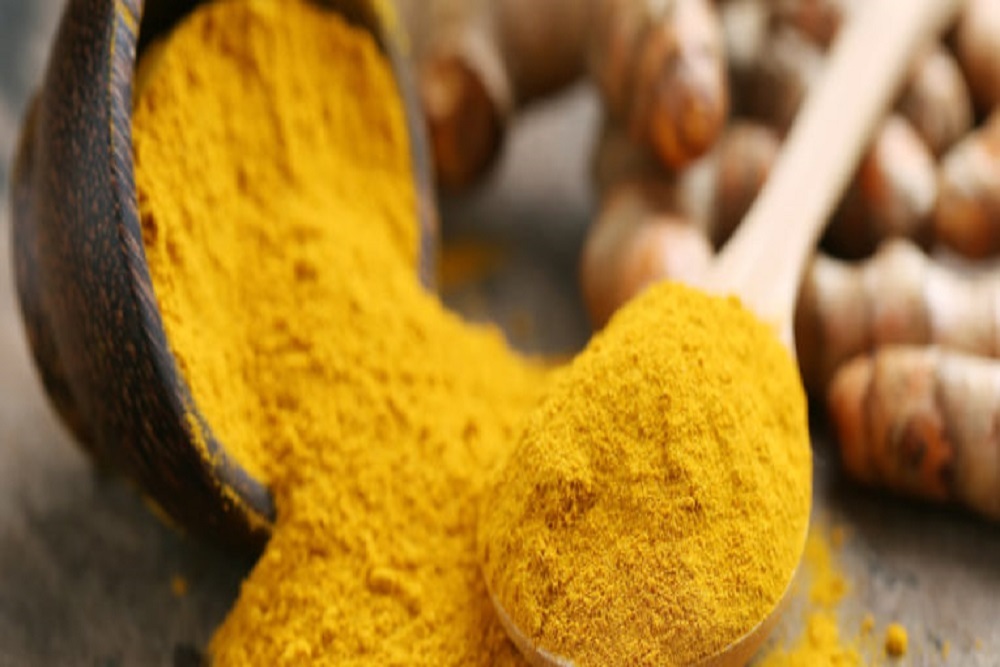Turmeric is a spice that dates back around 4,000 years and has a long history of being used medicinally in different cultures.
More recently, it has gained popularity in cooking, as a dietary supplement and has even been termed a “superfood.”
“A superfood is a term that describes a food that has a lot of nutritional benefits. There’s no one single food that provides all of the nutrients your body needs. Rather, it’s a combination of nutrient-dense foods that will provide the most well-rounded diet,” said Ashley Simper, a registered dietitian at OSF HealthCare.
But what exactly is turmeric, and what makes it a potential superfood?
What does the research say?
Turmeric contains an antioxidant called curcumin, which has anti-inflammatory properties. Some studies suggest that turmeric’s ability to reduce inflammation can help with a number of conditions, such as:
- Arthritis
- Asthma
- Cognitive function
- Crohn’s disease
- Eczema and psoriasis
- Gastrointestinal conditions
- Heart health
- Overall pain management
- Respiratory tract health
How is turmeric used?
Turmeric can be found at the grocery store in the spice aisle and in the supplement aisle of the pharmacy. It can be eaten fresh or dried and ground into a spice to be used in cooking.
Turmeric is best known as a spice used in curry powder and dishes. It’s also used in other Indian cuisine, coffee or tea as a flavor kick and in different sweets. A quick online search results in recipe ideas for adding it to chicken, veggies, rice, eggs, soup and just about any other dish that is already in your everyday rotation. Better yet, Ashley recommends adding turmeric to a diet rich in other anti-inflammatory foods.
“Some anti-inflammatory foods include poultry, fish, fruits, vegetables, whole grains, seeds, nuts and nut butters, legumes and plant based oils.”
It can also be made into a paste that is then applied topically to the skin to assist with conditions such as eczema and psoriasis. It has also become a popular dietary supplement that people with inflammation have taken as part of their relief regimen.
Is turmeric safe?
Turmeric is generally considered safe for human consumption in cooking and when taken as a supplement. But while it has no known toxic level, supplements aren’t regulated by the FDA, so more research is still needed to help us understand turmeric’s safe dosages.
Turmeric supplements range from 500-2,000 mg.
1 teaspoon of ground turmeric, the spice used in cooking, is equivalent to 150 mg.
More research is also needed to determine if turmeric supplements are safe for women who are pregnant or breastfeeding, so it is best to avoid at these times. People who are predisposed to kidney stones or have severe gastrointestinal conditions should avoid turmeric consumption in large doses.
Talk to your health care provider about the use of turmeric for its health benefits, especially if you’re going to take it as a supplement. Your provider can guide you to a dosage that’s best for you.
Original source can be found here.






 Alerts Sign-up
Alerts Sign-up